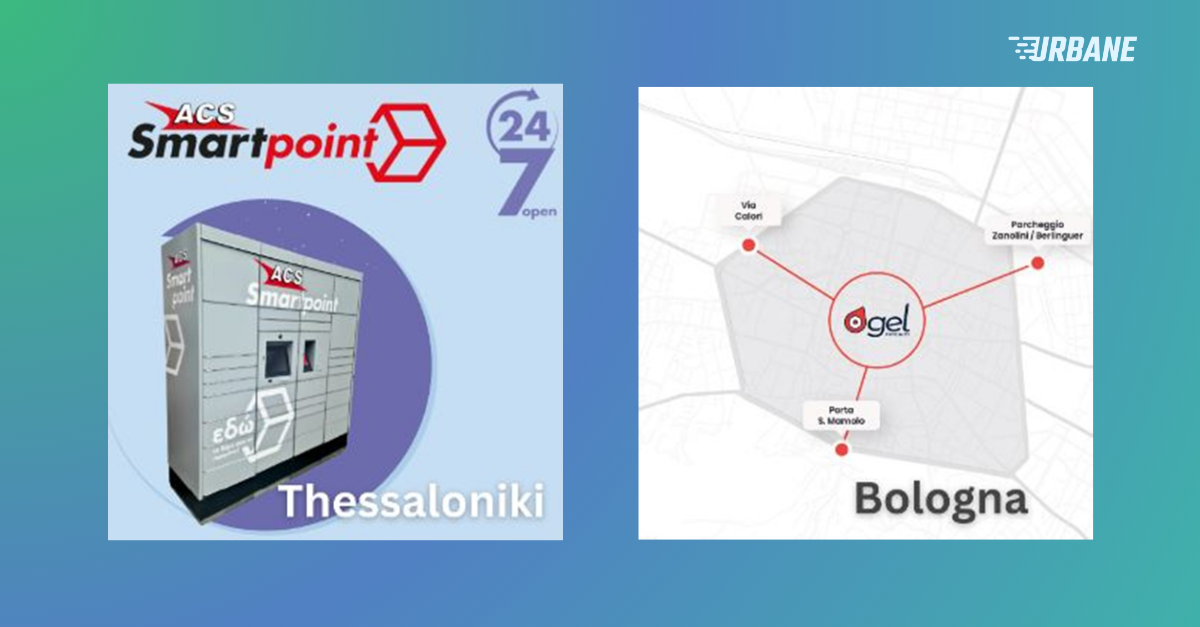Valladolid City Council is participating in the European project Urbane, which seeks innovative solutions to reduce the carbon footprint of the urban goods distribution. Pilot actions (living labs) are currently being developed in the European cities of Helsinki, Bologna, Thessaloniki and Valladolid.
As we have already covered in the post on innovations in last mile delivery, we continue with more initiatives to reduce the negative impacts of DUM in cities.
Encouraging changes in the users' habits: by raising awareness among citizens of the impact of their purchasing and consumption habits: on the environment, on work conditions, on society in general... Also through incentives or penalties such as a tax for each polluting vehicle that enters the city centre or encouraging collection from a "locker" instead of home delivery so that orders can be grouped together and journeys reduced.
Innovative measures to optimise delivery: attempts are being made for different logistics operators to share vehicle capacity and use common facilities (so-called "micro-hub" warehouses) and IT tools for analysis and optimisation, offering solutions that bring benefits to all parties involved
The urban distribution of goods has a great impact on cities. This is why the Urbane project is essential to find solutions to mitigate the negative impact of this activity in order to improve people's lives.
Within the Urbane project, two pilot initiatives are being implemented in Thessaloniki and Bologna. In the first, operators share information to make better use of their resources, using shared hubs. In the second, delivery in the historical centre has been restricted to non-polluting electric bicycles only combined with the use of micro-hubs shared by several operators.

The potential for improving urban distribution of goods through innovation is manifold. Projects such as Urbane contribute to exploring new paths through the use of digital tools and new forms of partnering.